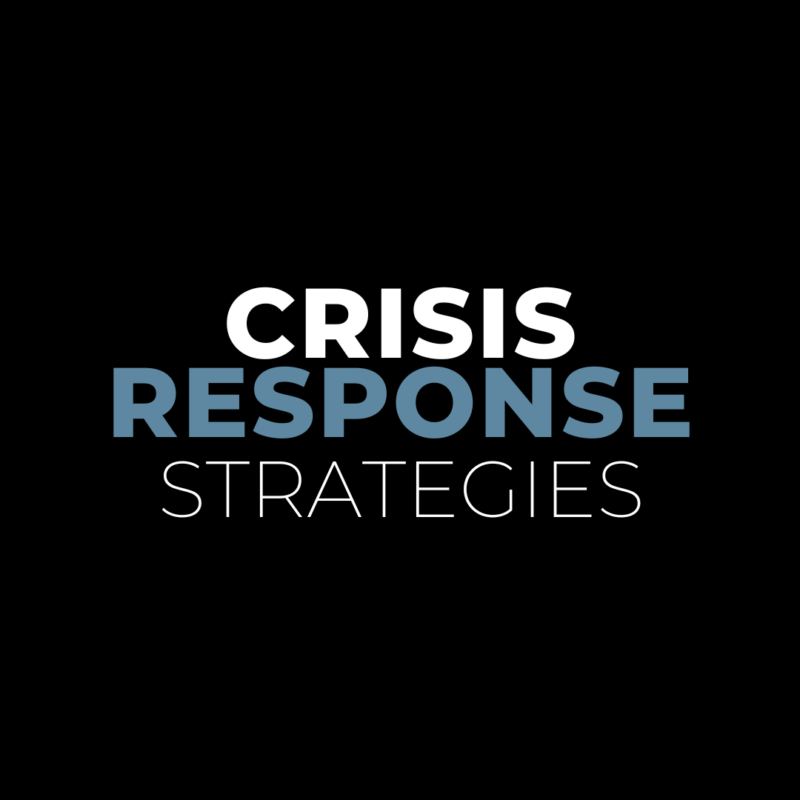Why do YOU share content?
This will be the question of the future for all brands, according to marketing consultants like Mark Schaefer of Schaefer Marketing Solutions, who I had the pleasure of hearing speak at a recent combined luncheon of the Memphis chapters of the American Marketing Association and the American Advertising Federation.
Through a fascinating presentation on “The Future of Marketing,” Schaefer used stats, graphics and a good many chuckle-inducing comments to explain how incredibly competitive the digital world is today, how much content there really is on the internet, and how much bigger it’s about to get (like 500 times bigger by 2020) – leaving us with the question, how will our content ever be seen?
Among the many slides Schaefer shared during his hour-long presentation – showcasing everything from the massive growth of content consumption among consumers to the massive decline of organic reach on social platforms like Facebook – the most important slides answered that question by relaying the message that in order for your content to be seen, it has to be shared.
So, you can understand why the question in the title of this post will be the focus for brand marketers in the future – and according to Schaefer, it will also be the reason branding will become more important than ever.
Studies show that there are three reasons WHY people share content.
- For self-identity
People share content that identifies who they are. If a woman considers herself fashionable, she is most likely to share content related to fashion (and possibly a good many more selfies than other people in your feed). Similarly, moms are going to share content related to motherhood (and every drawing, art project and good grade their children produce).
- Out of generosity and kindness
We help our friends on social media. We share posts to help raise money for causes, find lost pets, get someone’s house sold, etc. Most everyone understands the power of social media these days and is willing to use their personal profile to help someone else in need.
- As a symbol of love and support
This is where brand loyalty comes into play. People share content about brands, causes and people that they care about. And, if what Schaefer claims comes true, social media won’t be the place to build that brand loyalty – you will have to build that loyalty in the real world, and let your brand ambassadors take it to their social audiences.
How do you do that? He had a few suggestions – such as through “private media” (think WhatsApp, Snapchat and Facebook Messenger). However, I also think that brands can win by doing it the old-fashioned way – by treating customers right (I would go as far as to say treat them outstandingly), by doing good business and by asking your most satisfied customers to share the word – specifically the digital word – on their social spheres.
Of course, producing shareable content is also important, but that’s for another day. (Be on the lookout for “Part II – Is your content worth sharing?” to come.)
So, if the future of social marketing revolves around not what you put out there but what your customers share about you or your business, what will your digital presence look like?


